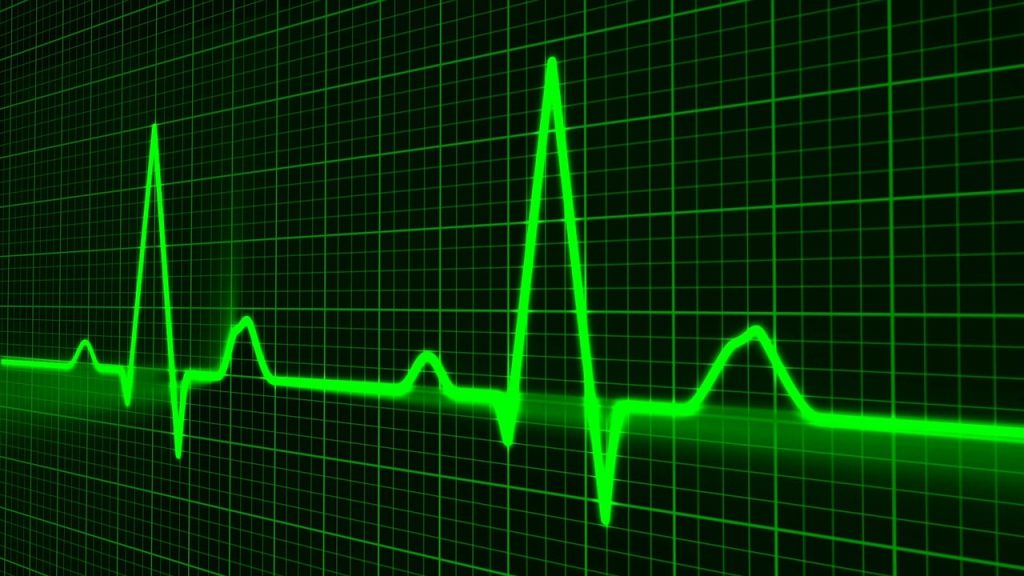Introduction
Cholesterol is a fatty, waxy substance that is produced by the liver and found in animal products such as meat, eggs, and dairy. It is an essential component of cell membranes and is necessary for the production of hormones and other important bodily functions. However, when cholesterol levels become too high, it can increase the risk of developing heart disease and other health problems. This article will discuss ways to prevent high cholesterol levels and maintain a healthy heart.
Understanding Cholesterol
Cholesterol is a type of fat that travels in the blood. It is transported in the body by two types of lipoproteins: low-density lipoprotein (LDL) and high-density lipoprotein (HDL). LDL is often referred to as “bad” cholesterol because it can build up in the arteries, leading to plaque formation and increasing the risk of heart disease. HDL, on the other hand, is referred to as “good” cholesterol because it helps remove excess cholesterol from the bloodstream and reduces the risk of heart disease.
High Cholesterol and Heart Disease
High cholesterol levels are a major risk factor for heart disease, which is the leading cause of death in the United States. When LDL cholesterol levels become too high, it can lead to the formation of plaque in the arteries, a condition known as atherosclerosis. This plaque buildup can narrow the arteries and restrict blood flow, increasing the risk of heart attack and stroke.
Preventing High Cholesterol
Preventing high cholesterol levels involves making lifestyle changes and adopting healthy habits. Here are some tips for preventing high cholesterol:
- Eat a Healthy Diet
A diet low in carbohydrates can reduce the amount of LDL cholesterol in the blood, which can lower the risk of heart disease. When carbohydrates are broken down in the body, they can be converted into triglycerides, which can raise LDL cholesterol levels. Therefore, reducing carbohydrate intake can help lower triglyceride levels and improve overall cholesterol levels.
Here are some tips for cutting carbs and reducing cholesterol levels:
Avoid Refined Carbohydrates
Refined carbohydrates such as white bread, pasta, and rice can cause spikes in blood sugar levels and increase triglyceride levels. Instead, choose whole-grain products such as whole wheat bread, brown rice, and whole-grain pasta. These options are high in fiber, which can help lower LDL cholesterol levels.
Increase Fiber Intake
Fiber is an important nutrient for reducing cholesterol levels. It helps to lower LDL cholesterol levels by binding to cholesterol in the digestive tract and preventing it from being absorbed into the bloodstream. Foods that are high in fiber include fruits, vegetables, whole grains, and legumes.
Choose Lean Proteins
Choosing lean proteins such as chicken, fish, and tofu can help reduce the amount of saturated fat in the diet, which can lower LDL cholesterol levels. Try to avoid red meat and processed meats, which are high in saturated fat and can raise LDL cholesterol levels.
Eat Healthy Fats
Healthy fats such as monounsaturated and polyunsaturated fats can help improve cholesterol levels. Foods that are high in healthy fats include nuts, seeds, avocado, olive oil, and fatty fish.
Limit Sugar Intake
Consuming too much sugar can raise triglyceride levels and increase the risk of heart disease. Limiting sugar intake can help lower triglyceride levels and improve overall cholesterol levels.
- Exercise Regularly
Exercise is another important factor in preventing high cholesterol levels. Regular physical activity can help raise HDL cholesterol levels and lower LDL cholesterol levels. It can also help reduce the risk of heart disease by improving overall cardiovascular health. The American Heart Association recommends at least 150 minutes of moderate-intensity exercise or 75 minutes of vigorous-intensity exercise per week.
- Maintain a Healthy Weight
Maintaining a healthy weight is also important in preventing high cholesterol levels. Being overweight or obese can increase the risk of high cholesterol levels and other health problems. Losing weight can help reduce LDL cholesterol levels and improve overall cardiovascular health.
- Quit Smoking
Smoking is another major risk factor for heart disease and can also increase the risk of high cholesterol levels. Quitting smoking can help improve overall cardiovascular health and reduce the risk of heart disease.
- Limit Alcohol Intake
Drinking too much alcohol can also increase the risk of high cholesterol levels and other health problems. The American Heart Association recommends limiting alcohol intake to no more than one drink per day for women and no more than two drinks per day for men.
- Take Medications as Prescribed
For some people, lifestyle changes alone may not be enough to lower cholesterol levels. In these cases, medications such as statins may be prescribed. It is important to take medications as prescribed by a healthcare provider and to follow up regularly to monitor cholesterol
